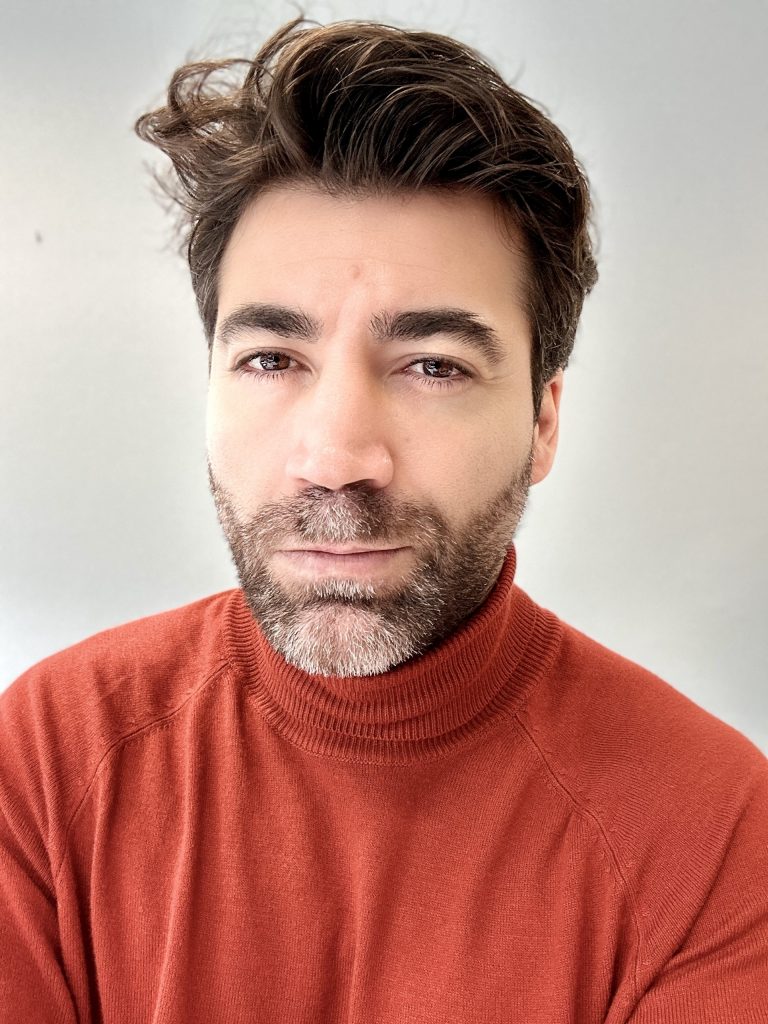Feel free to contact us at postdoc@amsterdamumc.nl if you’d like to organize a workshop, event, or have other great ideas to support or contribute to the Amsterdam UMC Postdoc Network.
Daphne Naessens (ACS, ANS): I am a postdoctoral researcher at the department of Biomedical Engineering and Physics at Amsterdam UMC, location AMC. In 2021, I obtained my PhD in this same department where I studied the ‘cleansing of the brain’, with a special interest in the effect of hypertension on these processes. My current research project is part of the EndoCARE consortium, a Eurostars funded project. The aim of the project is to develop a new safe and effective pharmacotherapy for post-traumatic stress disorder (PTSD) by restoring the imbalance in physiological levels of endocannabinoid signaling in the brain. We will evaluate this new treatment in a rat model of PTSD using functional magnetic resonance imaging (fMRI).
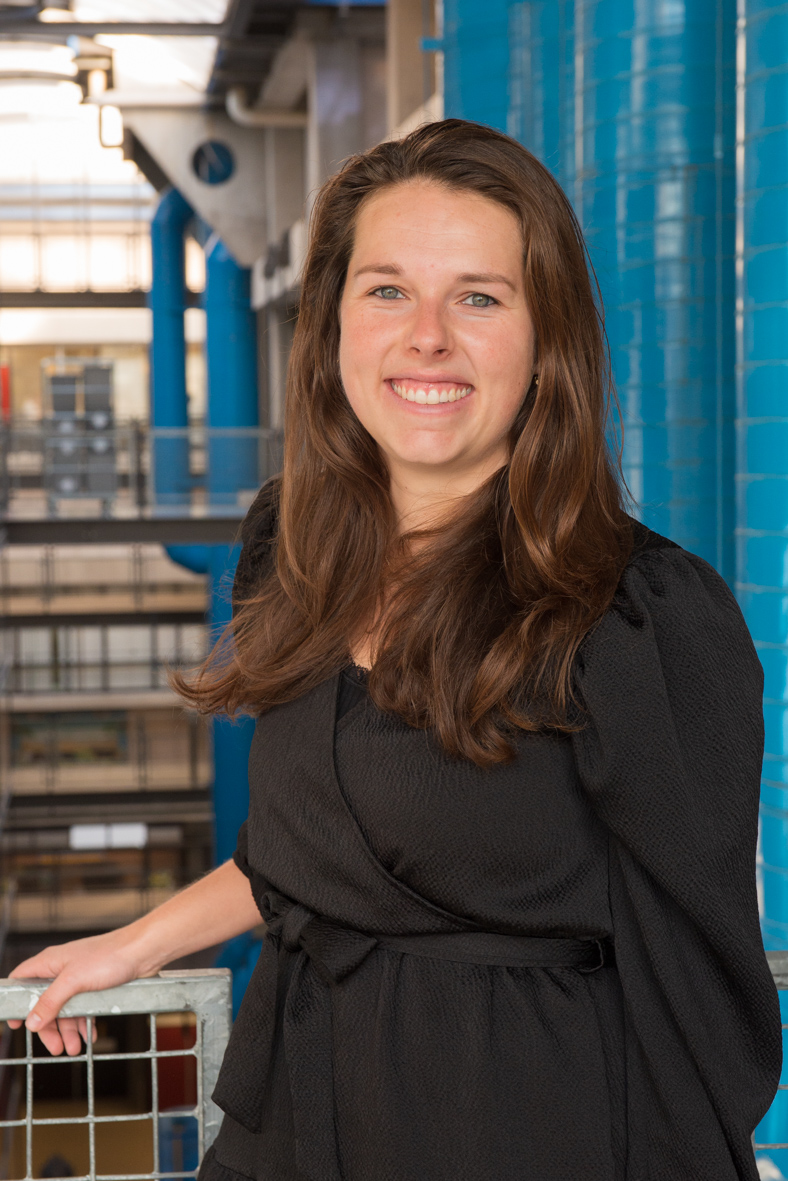
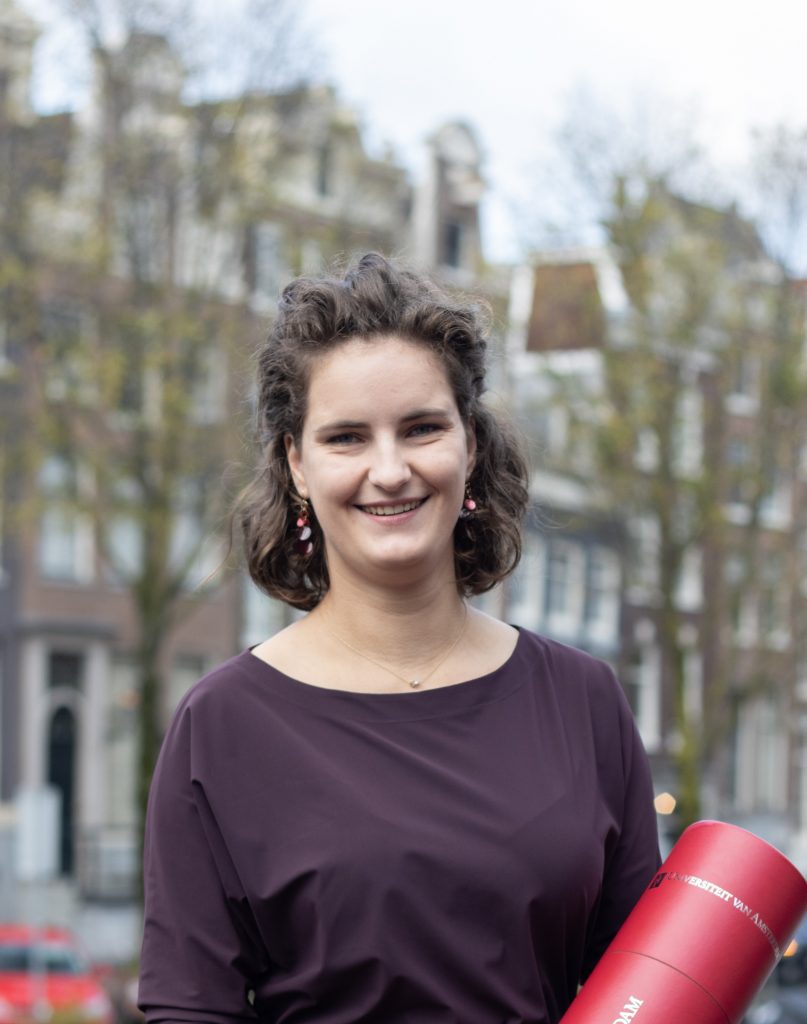
Isabelle van Thiel (AGEM, AR&D): I am currently employed as postdoctoral research at the Tytgat Institute for Liver and Intestinal Research as well as Paediatric Surgery (both location AMC). After my education in Molecular Life Sciences, I performed my PhD research at the Tytgat Institute as well. In November 2022, I defended my PhD thesis focused on the role of gut fungi on irritable bowel syndrome and inflammatory bowel disease. My current research projects focus on treatment response of perianal fistulae in Crohn’s disease, and on investigation of Hirschsprung disease intestinal tissues.
Signe Nielsen (ACS, AGEM): I am a postdoctoral researcher in the Laboratory Genetic Metabolic Diseases, Amsterdam UMC, location AMC. I obtained my PhD in Aarhus, Denmark where I focused on the complex disease pathophysiology and genetics of rare inherited metabolic disorders. Currently, I am establishing heart and muscle stem cell models for studying pathophysiological mechanisms of fatty acid oxidations disorders in disease relevant cells in collaboration with Department of Physiology, Amsterdam UMC, location VUmc. With my work I aim to improve diagnostics and treatment for rare fatty acid oxidation disorders, but explore the complexity of the human metabolism and it’s interplay with other physiological processes such as the immune response.
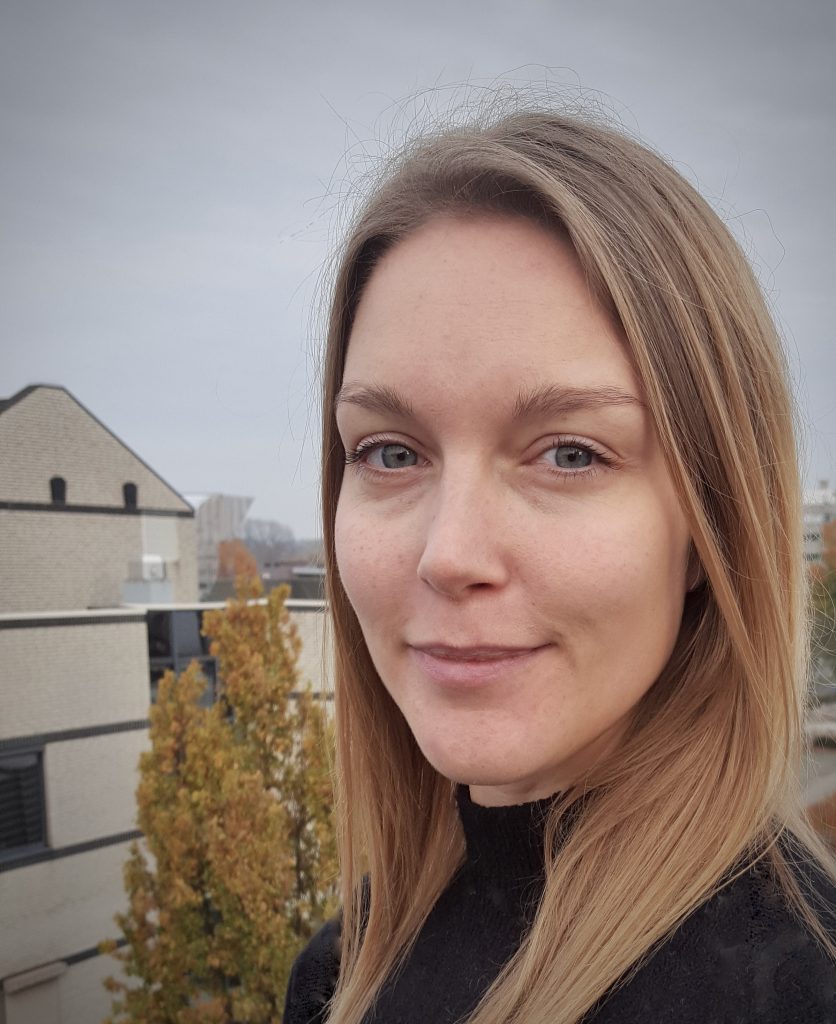
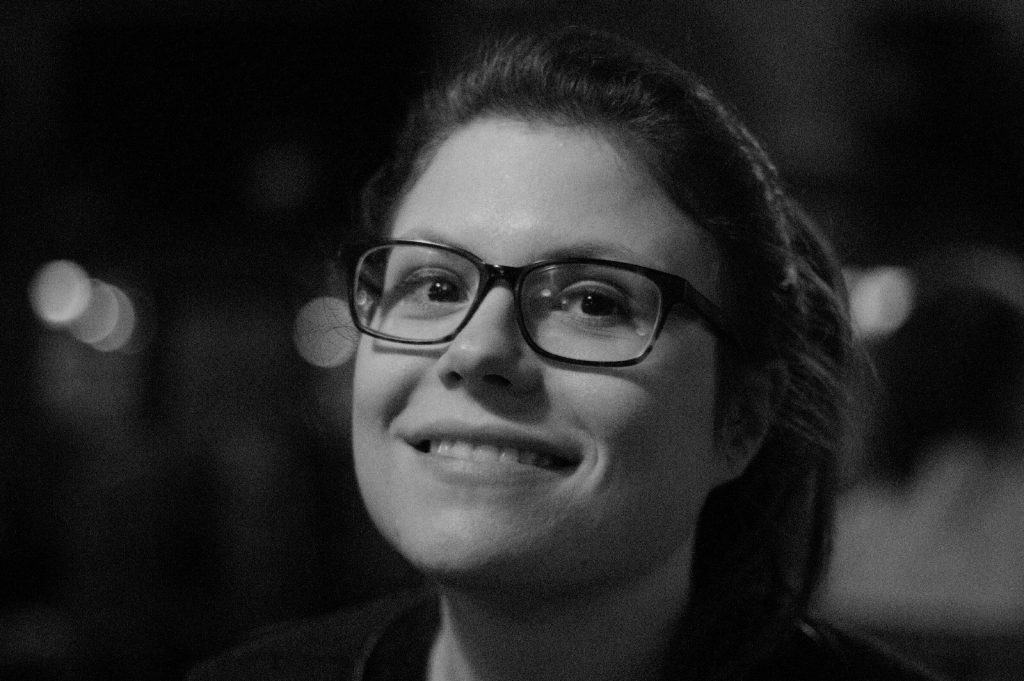
Leah Wilk (CCA, APH): I am a postdoctoral researcher with a background in physics at the department of Biomedical Engineering Physics at the Amsterdam UMC, location AMC. I obtained my PhD in 2023, which was focused on addressing challenges in the forensic and biomedical fields by modelling the transport of both heat and light using image-derived model geometries and numerical solution schemes. Specifically, we developed a thermometric technique capable of determining the time since death of a human body (which is crucial information in forensic investigations) accurately and in a widely applicable and non-contact manner. Furthermore, I developed a modelling approach allowing non-invasive assessment of the health status of human tissue (to enable early detection of tissue pathologies such as cancer) and prediction of the physical effects of photothermal treatments of e.g., psoriatic plaques (with the aim to optimize treatment outcome). In my current research, I continue to develop and improve these approaches and I collaborate with the Dutch National Police to introduce our time since death estimation method into forensic practice.
Jillian Bracht (CCA, ACS): I am a Postdoctoral Researcher in the Laboratory of Experimental and Clinical Chemistry, at Amsterdam UMC, location AMC. I obtained my PhD in Barcelona in 2021, and worked on a MSCA-ITN project called European Liquid Biopsy Academy (ELBA) within a diagnostic service company: Pangaea Oncology. I started as a Postdoc at Amsterdam UMC in 2021, working on the isolation of ultra small particles from the blood, known as extracellular vesicles (EVs). I obtained a MSCA Postdoctoral Fellowship (RNAtop), and I am currently investigating if the RNA associated to EVs is on the surface or inside EVs. This knowledge will enhance biomarker development. The goal of my research is to bring liquid biopsy biomarkers from bench to bedside, and thereby improve cancer diagnosis and treatment.
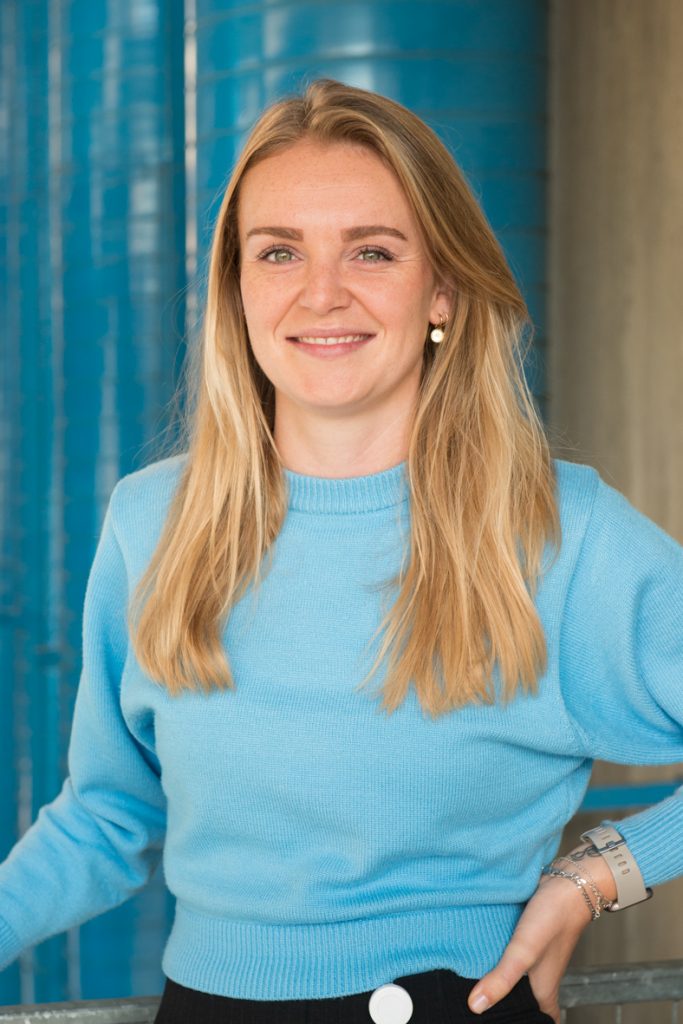
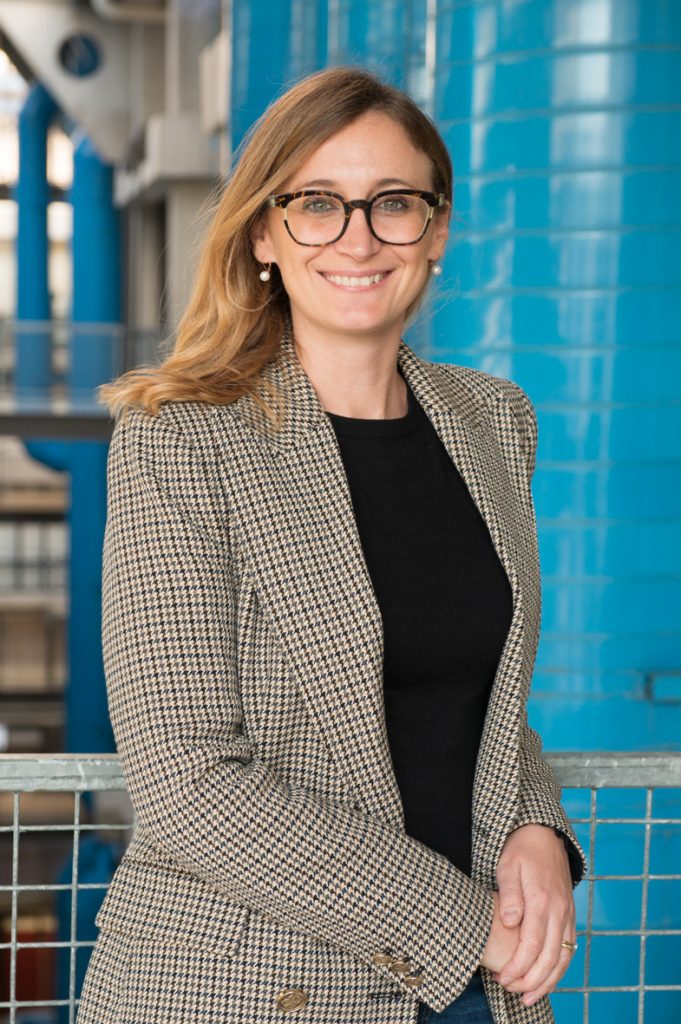
Alessandra Tammaro (AII): I am a postdoc at the department of Pathology, location AMC. I studied Biotechnology in Italy and moved to the NL in 2012 as PhD candidate. I obtained my PhD at UvA with a thesis on the role of the innate immune system in the development of kidney disease. As postdoc, I started my research line focusing on how to achieve healthy renal aging. Thanks to a collaboration with the nephrology department of the University of São Paulo (Brazil), I initiated the PM-KIDNEY consortium (Pollution is the motor of premature aging of the kidney; Home | PM kidney Consortium, , which under my leadership aims to investigate the role of fine particulate matter from air pollution on age-related kidney diseases. Furthermore, I am (1) investigating possibilities to metabolically reprogram the kidney via (immuno)metabolism to treat or prevent kidney diseases and (2) testing therapeutics that slow down/reverse the premature renal ageing phenotype.
Óscar Brito Fernandes (APH): I am a postdoctoral researcher affiliated with the Amsterdam Public Health research institute. I work with the Health Systems and Services Delivery Research Group, which is part of the Quality and Organisation of Care section at the Department of Public and Occupational Health. I am originally from Portugal, where most of my academic journey unfolded. This includes earning a Bachelor’s degree in Mathematics, a Master’s degree in Education, a Master’s degree in Health Care Management, and completing advanced studies in Public Health. In 2022, I was awarded a PhD by the Faculty of Medicine of the University of Amsterdam. This was in conjunction with my participation in the international MSCA-ITN for Health Care Performance Intelligence Professionals (HealthPros), culminating in a thesis entitled Citizen-driven healthcare system performance: Studies on care experiences and engagement. My research is primarily dedicated to the measurement, management, and improvement of health systems performance, utilising both quantitative and qualitative research methods. The theoretical underpinnings of my work are deeply rooted in value-based health care, learning health systems, complex adaptive systems, and deliberative democracy. It is my personal aspiration to contribute to transforming health systems into people-centred, value-based systems by promoting citizen engagement and utilising performance intelligence to inform evidence-based health policy decision-making.
